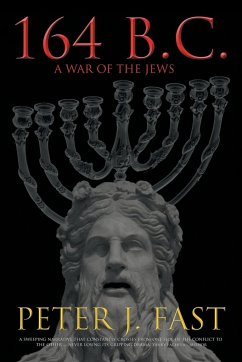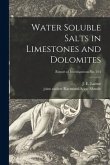Convinced he is a god, Seleucid Emperor Antiochus Epiphanes IV is on a mission to strengthen his empire against his enemy, the Roman Republic. He is determined that all subjects obey his edicts of Hellenization, which include loyal worship to the Greek pantheon, in an effort to unify the people. Among the subjects of Antiochus' vast kingdom, the only people to reject these decrees are the insignificant Jews of Judea. Their refusal is a matter of faith in the one true God. The year is 167 B.C. and the day is the 25th of Kislev. The Temple has been desecrated. Blood has been spilled. Women with their infant sons are mercilessly hurled to their deaths from the city walls of Jerusalem. Men caught studying Torah are burned alive. Judea is stricken by the sound of wailing and the sight of unimaginable suffering. If one desires to be a faithful Jew, then they will be confronted with a grim reality: either risk torture and death, or flee into the wilderness branded as an enemy of the king. Blackness has descended upon the land. The Jews live under a shadow of persecution which threatens to annihilate them as a people and destroy their faith in the God of Israel. Yet, in the village of Modiin, Mattathias and his sons inspire the people with the war cry, "Let everyone who has zeal for the Torah and who stands by the covenant follow me!" Open rebellion is set, swords are sharpened, and the Jews of Judea rally around Mattathias' son, Judah. He will either lead them to victory over one of the most powerful empires in the world, or else they will be swallowed up in destruction, consumed by blood and fire.
Hinweis: Dieser Artikel kann nur an eine deutsche Lieferadresse ausgeliefert werden.
Hinweis: Dieser Artikel kann nur an eine deutsche Lieferadresse ausgeliefert werden.








